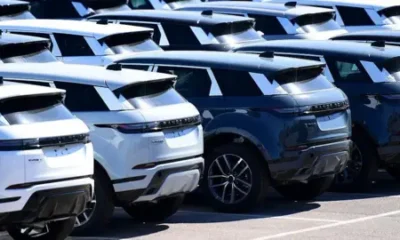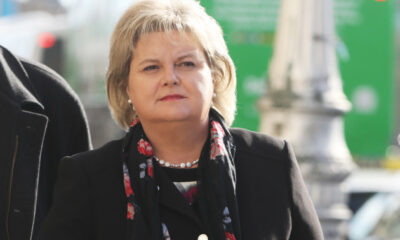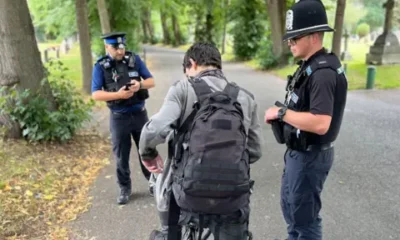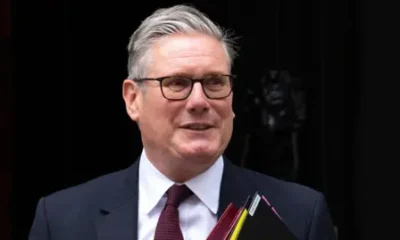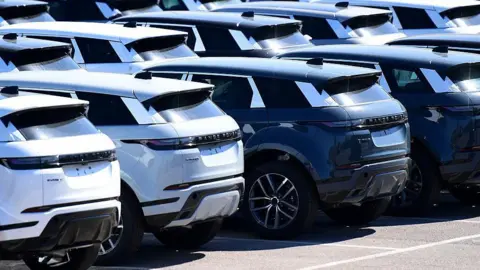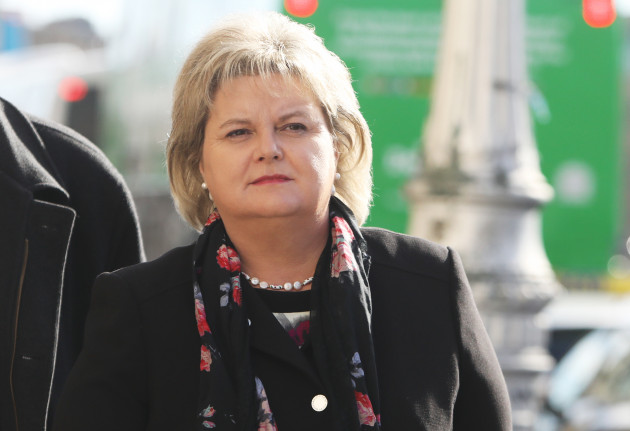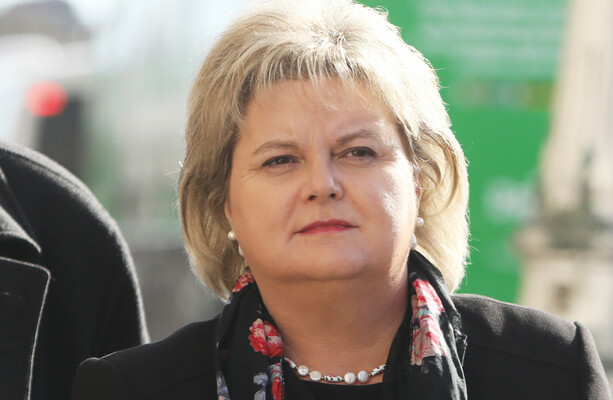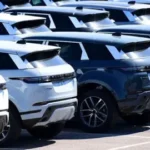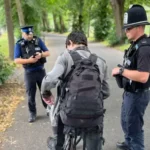US PRESIDENT DONALD Trump has penned a letter welcoming the opening of the new Irish embassy in Washington DC.
These offices, located on 1700 Pennsylvania Avenue, right beside the White House, were formally opened today by Tánaiste Simon Harris today.
In the letter, which was read aloud the Irish Ambassador to the US, Geraldine Byrne Nason today, Trump said:
“As you celebrate the grand opening of Ireland’s new Embassy location, I look forward to continuing to work closely with your country to strengthen our time-honored relationship – especially by advancing fair trade policies and investment opportunities that benefit both of our nations’ citizens…
“Welcome to the neighbourhood.”
Speaking in Washington DC, the Tánaiste said:
I want to thank President Trump for his kind words as we begin to write the next chapter in the great story of Ireland-US relations.
“These offices on 1700 Pennsylvania Avenue, next to the White House, represent the culmination of a nearly four-year project to realise a significant commitment of the Global Ireland Strategy and National Development Plan.
“This will be an excellent base from which to grow our vital political, economic and cultural ties with the US over the years ahead.
“Our ambition stretches beyond Washington DC too. The Government has deepened its investment in our diplomatic platform right across the US recently, with new Ireland Houses in New York, San Francisco and Chicago as well as new Consulates in Los Angeles and Miami.”
Addressing the attendees, who were enjoying spectacular views of the Washington DC skyline, the Tánaiste said Trump is right to draw attention to not just the depth and breadth of our trade and investment ties, but also the potential for these to become yet stronger over the years ahead, in the interests of people throughout the United States and Ireland.
Harris spoke about the importance of trade, employment, research, tourism and investment between the two countries, highlighting that Ireland is now the 5th largest source of foreign direct investment in America, with Irish companies creating more than 200,000 American jobs.
The Tánaiste, who had previously spent the week in New York for the United Nations High Level Week, made the quick stop to the US capital to promote Irish trade and speak about how tariffs are “bad” for business, consumers and economies.
Prior to opening the new US embassy, the Tánaiste spoke at the US Chamber of Commerce, where a number of business people from sectors such as the pharmaceutical and aviation sector were present.
“In Ireland we don’t believe in tariffs,” he said, adding: “We believe they are bad for business and bad for consumers.”
He told the business group that the will have a negative impact on businesses and consumers in the US and Europe, but speaking about the tariff framework agreed between Europe and the US, Harris said:
“A deal is better than no deal.”
He said it provided a “path forward for businesses in time of great uncertainty”.





